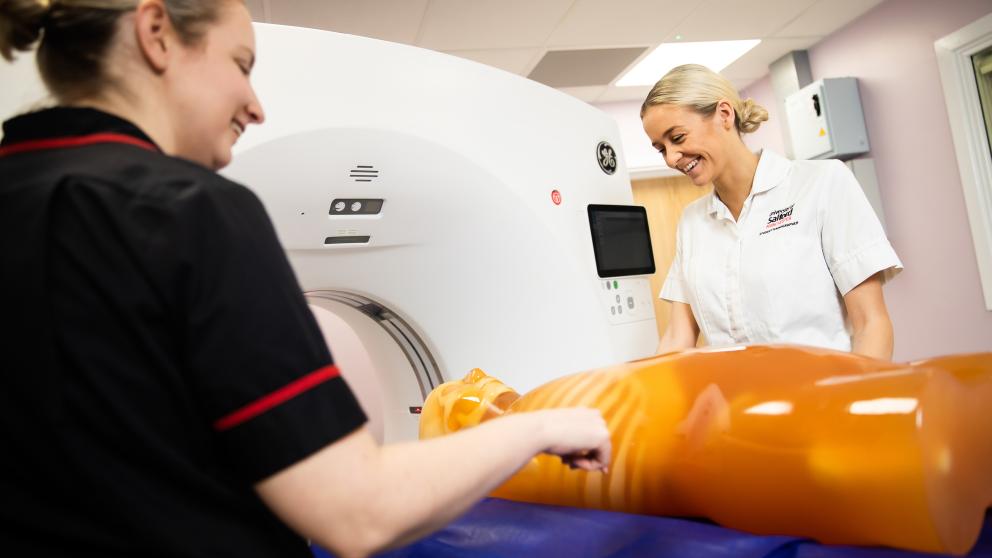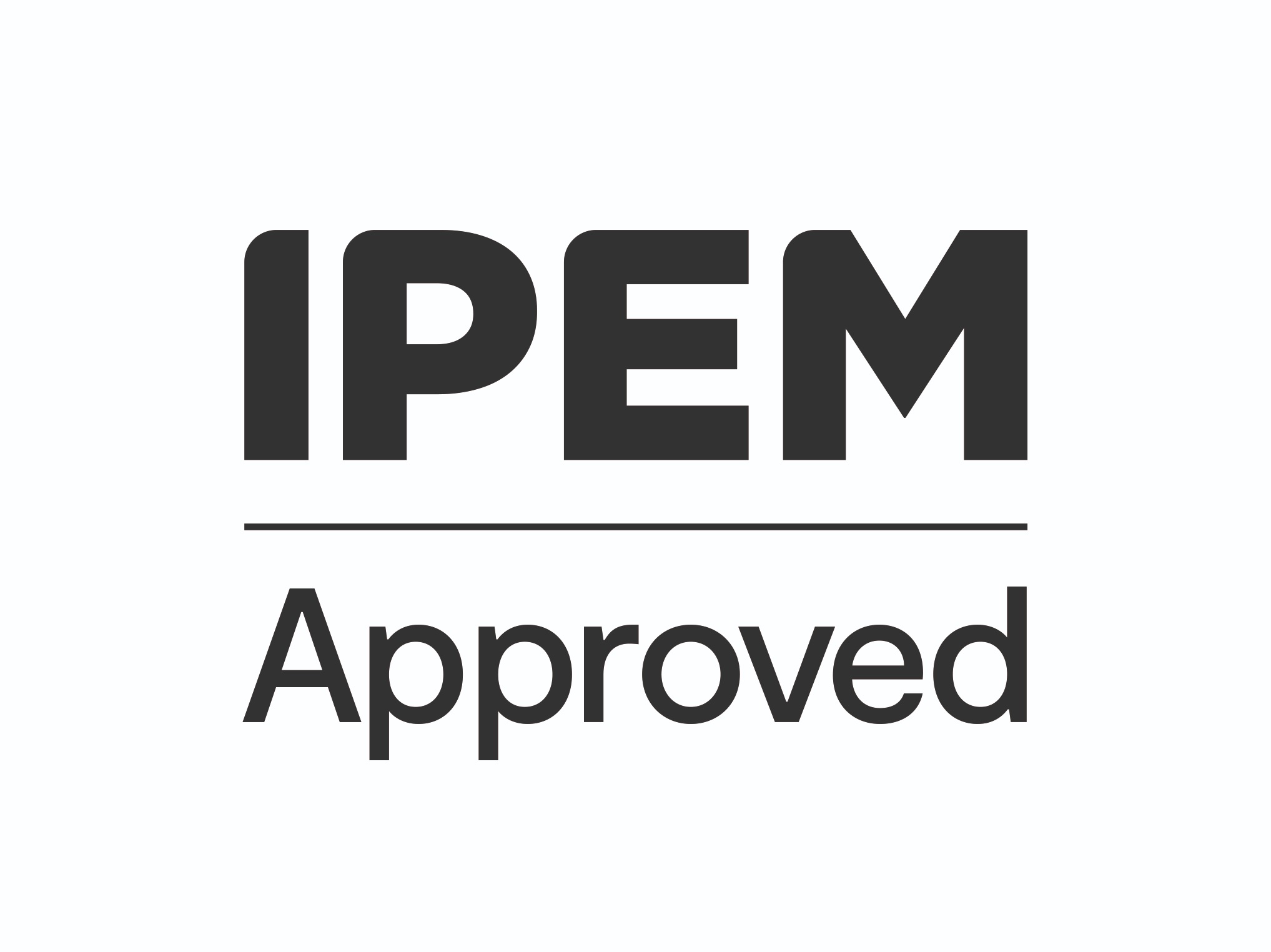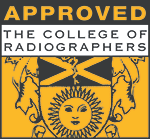
Nuclear Medicine Imaging
Part-time
Distance Learning
Two year
September 2026
In a nutshell
Please note: due to the structure of this programme, we can only accept UK and Irish professionals or those already in the UK with existing leave to remain. This course is not suitable for applicants who require Student Visa sponsorship. Please check the international intakes page for additional information and application dates.
Nuclear Medicine is a constantly evolving medical specialty that requires knowledge across a variety of subjects, including applied anatomy and physiology, chemistry, and physics, along with person-centred care skills. This course is designed to equip you with the advanced knowledge and practical skills needed to excel in the rapidly evolving field of nuclear medicine.
This course takes a blended approach to learning (also known as hybrid learning). Our hybrid learning approach combines online lectures, tutorials, and workshops with in-person teaching, allowing you to balance your studies with professional commitments.
You will:
- Learn from respected nuclear medicine professionals who bring real-world experience and insights into the course.
- Have the opportunity to come to the University and meet your peers and tutors to develop a community of practice.
- Gain a qualification accredited by the Society and College of Radiographers and the Institute of Physics and Engineering in Medicine.
Course accreditations


This is for you if...
You want to advance your career in nuclear medicine.
You want to enhance your expertise in nuclear medicine imaging.
You want to join a community of dedicated healthcare professionals and take the next step in your nuclear medicine career.
All about the course
This part-time course consists of five compulsory modules that integrate theory with the clinical application and practice of nuclear medicine. There is a clinical practice requirement for the duration of the PGDip, and you will be required to work closely with a nominated clinical supervisor.
The PGDip runs over one year, utilizing three trimesters. The dissertation module continues in year two if you wish to proceed. There is the option of returning to complete the MSc after a break in your studies. You are advised to discuss the best option for you with the programme leader.
Please note that we can only accept international applicants who hold a Tier 2 visa and UK/EU health professionals. This course is not suitable for applicants who require a Tier 4 visa.
This course provides you with the opportunity to exit with the following awards:
- Postgraduate Diploma (PGDip): 120 graduate credits.
- Master’s degree (MSc): 180 graduate credits. Once you have 120 postgraduate credits on the Nuclear Medicine Imaging course, you may complete the master’s dissertation module.
Fundamentals of Nuclear Medicine
This module will equip you with the knowledge and skills to critically evaluate the fundamental principles of nuclear medicine. This includes the operation of equipment and quality control testing, the administration and uptake of radiopharmaceuticals, and the processing and display of acquired data. Drawing on published literature, legislation, and professional guidance, you will be able to critically discuss the role that nuclear medicine plays in patient management. You will also be able to make informed decisions regarding appropriate imaging parameters for studies and assess the range of factors that are essential to successful imaging.
Advanced Concepts in Nuclear Medicine
This module builds on principles covered in the first trimester and will allow you to develop a comprehensive understanding of the principles of nuclear medicine in advanced techniques such as nuclear cardiology, infection imaging, and neurology. The principles of tomographic (SPECT and PET) image acquisition and processing are discussed alongside an evaluation of the role these play in patient management.
Scientific Principles of Hybrid Imaging
This module examines the technology of hybrid imaging in nuclear medicine. It is designed to complement the Fundamentals and Advanced modules by covering topics of hybrid imaging at a time that is relevant to the other modules. The optimisation of dose and image quality in CT, as well as safety and image quality in MR, will be covered. You will be able to critically discuss methods of image formation, reconstruction, and correction or fusion with emission data.
Clinically-based Practices in Nuclear Medicine
Learning for this module takes place mainly in your clinical department. Within this module, you will integrate the theoretical principles covered in the academic modules into your practice. Upon successful completion of this module, you will be able to competently and safely conduct a range of nuclear medicine imaging procedures and adapt to a complex clinical caseload. You will consider opportunities and potential barriers to advancing your career in nuclear medicine through role development.
Statistics and Research Methods in Nuclear Medicine
This module will allow you to develop skills in research related to nuclear medicine. Building on the learning activities of the other modules, you will develop skills and knowledge in ethical matters, experimental design, and dissemination of research findings. An online statistics tutorial package will aid in your development of knowledge and skills in data analysis. The module will help prepare you for the dissertation module should you wish to continue to MSc.
Dissertation
Upon successful completion of 120 credits, this module is designed to enable you to develop an independent and bespoke route to your learning, allowing you to enhance your skills using systematic processes of enquiry to investigate an aspect of professional, clinical, or organisational practice. This module is specifically designed to instil an approach to practice that is critically reflective and evidence-based. You will negotiate your option with the module leader, taking account of your professional/practice interests and learning needs, and the expertise available within the research and scholarly community in the Diagnostic Imaging Research Programme. These choices will be underpinned by a thorough consideration of research, clinical governance, and ethical issues within your practice context and in accordance with University frameworks.
We take a flexible approach to our course delivery that promotes diversity and inclusivity and provides a blended learning experience, which will vary to meet specific programme requirements. This learning time includes formal lectures and interactive activities such as seminars, tutorials, practical sessions, laboratory and studio learning. Smaller classes may be used to support collaborative activities such as project and group work and presentations. A range of different assessments and feedback is offered to meet the needs of both our diverse student body and specific subject needs.
Our postgraduate taught courses are normally made up of 30 credit modules which are equal to 300 hours of learning time, or 15 credit modules which are equal to 150 hours of learning time. A Master’s degree typically comprises 180 credits, a PGDip 120 credits, and a PGCert 60 credits.
Please note that exact modules and content offered may vary in order to keep content current and, for courses that offer optional modules, may depend on the number of students selecting particular options. When accepting your offer of a place to study on a programme with optional modules, you should be aware that optional modules may not all run each year. Your tutor will be able to advise you as to the available options on or before the start of the programme. Whilst the University tries to ensure that you can undertake your preferred options, it cannot guarantee this.
The School of Health and Society
The School of Health and Society is a forward-thinking, dynamic school with a commitment to lifelong learning and real-world impact.
Our courses are informed by the latest research, and we work closely with organisations from both the public and private sector to ensure our teaching is at the forefront of practice. The University has received approval for a new health building on the Frederick Road campus which will create brand new teaching spaces, including new Podiatry spaces. Construction will begin in late 2024, with completion expected by Autumn 2026. This state-of-the-art facility will serve as a health and wellbeing hub, supporting popular healthcare courses and community services. It will feature sustainable design elements and provide modern clinical facilities to enhance student learning and community engagement. Find out more about our new Health Building.
In time community healthcare clinics will also take place there as partnerships are developed to explore research opportunities and to provide a range of therapeutic sessions.
Facilities
The School of Health and Society is home to a dedicated suite of imaging facilities. During the Scientific Principles of Hybrid Imaging module, you will have access to the University’s CT scanner, where you will be able to undertake a practical workshop.
Centre for Medical Imaging
The University of Salford's £2.5 million investment, in collaboration with GE Healthcare, has led to the creation of our new Centre for Medical Imaging, featuring state-of-the-art clinical and simulation facilities. Our equipment includes a Revolution Maxima CT scanner, Discovery and Optima X-ray systems, ultrasound scanners, and a 3D mammography system. We also provide dedicated image processing workstations and a Picture Archive and Communication System (PACS).
These facilities are integrated into teaching, learning, research, and professional development, helping you develop essential skills for clinical practice as a Diagnostic Radiographer.
Teaching staff
Dr Robert Higgins
Programme Leader
Rob joined the University of Salford in 2013 as a lecturer in Radiography. Prior to joining the University, Rob worked as a Diagnostic Radiographer in the NHS, undertaking a range of duties, including DEXA bone densitometry, practice educator, research radiographer, and clinical specialist in Nuclear Medicine. For his PhD, Rob evaluated a research-informed teaching model for undergraduate learning and research skills development using collaborative enquiry-based learning. Rob has a strong interest in the integration of teaching with research, student learning, and pedagogical research. He fosters a student-centred culture on the course, using a variety of teaching methods and materials to provide an accessible and inclusive learning environment. Rob's current research explores the optimization of care and the patient experience for people living with dementia when attending imaging departments.
Specialist Lecturers and Support
You will also receive guidance and tuition from respected academics, nuclear medicine professionals, and other health professionals who are experts in their field. All students have access to a personal tutor for support.
What about after uni?
This course will equip you with the skills and knowledge to qualify for additional roles and responsibilities, which will, in turn, enhance and develop your career opportunities. You will acquire the expertise needed to work in any nuclear medicine department. You will also develop knowledge and skills in research, enabling you to critically evaluate published literature and apply this to your practice. Additionally, you will gain the ability to create and disseminate original publications.
Graduates of this course have secured senior positions in both clinical departments and industry due to its comprehensive nature.
Further study
Upon completion of this programme, you may be interested in continuing your studies on one of the following programmes:
- MSc Advanced Medical Imaging
- Level 7 PGCert Mammography Principles and Practice
- MSc Ultrasound Imaging
Career Links
The course team is composed of academic and clinical staff from a range of professional backgrounds, including radiographers, clinical technologists, physicists, radiologists, and nuclear medicine physicians. Staff bring a wealth of experience in both practice and research, ensuring that the course content remains current. We have strong links with industry, particularly in the Northwest.
The department has a formal partnership with General Electric (GE), which enhances the teaching and learning experience through access to technical experts, as well as external clinical specialists.
What you need to know
This course is designed for healthcare professionals looking to specialise and advance their careers in nuclear medicine. Types of applicants who would benefit from this course include radiographers, technologists, and other health professionals currently working in or looking to transition into the field of nuclear medicine.
You must have an appropriate UK-based clinical placement before commencing the course and spend a minimum of three days per week in clinical practice (excluding annual leave and weeks at the University). We can advise on this if you do not have a placement; however, please note that we cannot arrange it for you. Please contact the programme leader for further advice.
Undergraduate degree
2:1 or above in any healthcare-related course.
Salford Alternative Entry Scheme (SAES)
We welcome applications from students who may not meet the stated entry criteria but who can demonstrate their ability to pursue the course successfully. Once we have received your application we will assess it and recommend it for SAES if you are an eligible candidate.
There are two different routes through the Salford Alternative Entry Scheme and applicants will be directed to the one appropriate for their course. Assessment will either be through a review of prior learning or through a formal test.
To be considered for the Salford Alternative Entry Scheme you must have already achieved or be working towards GCSE Maths and English Grade C/4 (or equivalent).
How much?
| Type of study | Year | Fees |
|---|---|---|
| Full-time home | 2026/27 | £9,360 per year |
| Full-time international | 2026/27 | £17,520 per year |
